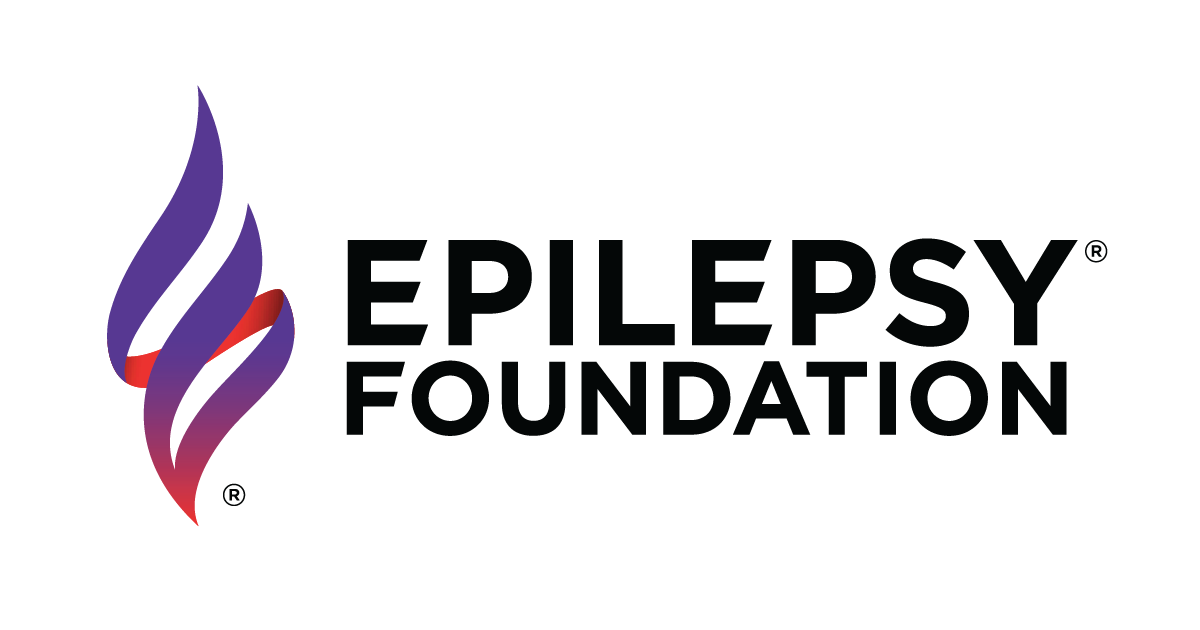
The Epilepsy Foundation on Monday filed a criminal complaint against a number of undisclosed Twitter users after they bombarded its Twitter feed in November with a barrage of posts of flashing or strobing lights — exposing its thousands of followers to potential seizure-triggering images.
The foundation is fighting back against a new type of social media attack involving a cyber-based physical assault on Twitter. For about 3 percent of people with epilepsy, exposure to flashing lights at certain intensities or certain visual patterns can trigger seizures – making the move dangerous, the foundation warned.
The complaint, filed with the U.S. Attorney and the Office of the State’s Attorney in Maryland, addresses more than 30 seizure-inducing tweets posted on the foundation’s feed in the first week of November. The investigation into these posts is ongoing, an Epilepsy Foundation spokesperson told Threatpost.
“Flashing lights at certain intensities or certain visual patterns can trigger seizures in those with photosensitive epilepsy,” said Jacqueline French, chief medical and innovation officer of the Epilepsy Foundation, in a Monday statement. “While the population of those with photosensitive epilepsy is small, the impact can be quite serious. Many are not even aware they have photosensitivity until they have a seizure.”
The Epilepsy Foundation, a non-profit headquartered in Landover, Md. and dedicated to the welfare of people with epilepsy and seizure disorders, currently has more than 33,000 followers on its Twitter feed.
The posts deliberately targeted the feed during National Epilepsy Awareness Month (November), when the greatest number of people with epilepsy and seizures were likely to be following their Twitter activities, the Epilepsy Foundation said.
The Twitter users against whom the criminal complaint was filed weren’t specifically identified.
The incident is part of a disturbing emerging trend in which Twitter can be leveraged as a platform to attack victims with epilepsy. The most well-known instance of this, according to the Epilepsy Foundation, occurred in Dec. 2016, in a targeted attack against well-known journalist Kurt Eichenwald.
After Eichenwald, who has epilepsy, posted an inflammatory political tweet, a Twitter user reportedly responded by sending him a GIF with strobing lights, saying “YOU DESERVE A SEIZURE FOR YOUR POSTS.”
The tweet indeed did cause Eichenwald to suffer a seizure, according to a tweet from his wife using his account.
This is his wife, you caused a seizure. I have your information and have called the police to report the assault.
— Kurt Eichenwald (@kurteichenwald) December 16, 2016
The man behind the Twitter handle “jew_goldstein,” (since suspended from Twitter), accused of sending the tweet, is John Rayne Rivello, who is reportedly expected to please guilty to aggravated assault.
These types of attacks are no different than a person carrying a strobe light into a convention of people with epilepsy and seizures, with full intention of inducing seizures and causing “significant harm” to the participants, said Allison Nichol, Esq., director of legal advocacy for the Epilepsy Foundation, in a statement.
“The fact that these attacks came during National Epilepsy Awareness Month only highlights their reprehensible nature,” Nichol said. “The Foundation is fully cooperating with law enforcement and intends to utilize all available avenues to ensure that those responsible are held fully accountable.”
The issue is yet another unforeseen issue for Twitter, which is already dealing with rampant misinformation campaigns and deepfake videos on its platform.
“We want people to feel safe on our service. We provide people on Twitter with the option of preventing media from autoplaying in their Timelines, as well as prevent any GIFs from appearing when someone searches for ‘seizure’ in GIF search,” a Twitter spokesperson told Threatpost. “Additionally, if Twitter determines accounts are dedicated to causing offline harm, they will be permanently suspended. We’re exploring additional options to help protect the people on Twitter from this type of abuse.”
Free Threatpost Webinar: Risk around third-party vendors is real and can lead to data disasters. We rely on third-party vendors, but that doesn’t mean forfeiting security. Join us on Dec. 18th at 2 pm EST as Threatpost looks at managing third-party relationship risks with industry experts Dr. Larry Ponemon, of Ponemon Institute; Harlan Carvey, with Digital Guardian and Flashpoint’s Lance James. Click here to register.